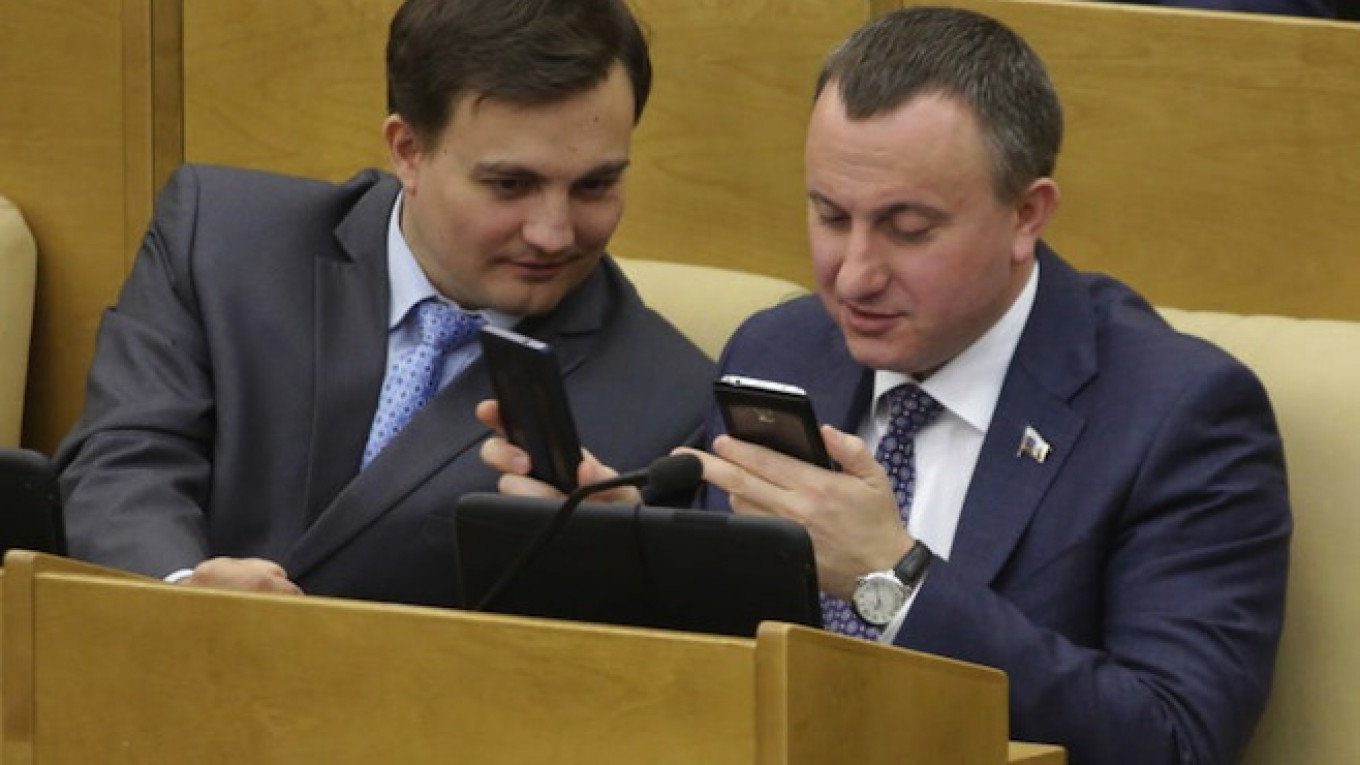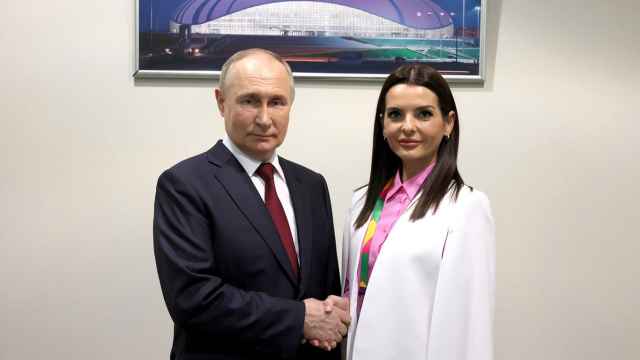The Secretary of Russia's Security Council Nikolai Patrushev has ordered heads of far eastern regions to “take measures” against government officials who use Google, WhatsApp, Yahoo and other online services, TASS news agency reported.
Speaking in Vladivostok, a city in the Primorye region, on Wednesday, Patrushev argued that using online services that are hosted abroad for work purposes poses a serious threat to security.
“Government officials in the Khabarovsk region have used a whole range of foreign online services, such as Google, Yahoo, WhatsApp and others,” said Patrushev. “This is a systemic question for the whole of Russia, but the problem is especially acute in the Far East. I ask regional leaders to pay special attention and take relevant measures,” he said.
According to Patrushev, foreign intelligence services have penetrated the Russian government's information systems, and an increased number of attacks against them have been recorded recently. Since July 1, Russian government websites can be hosted only on servers located in Russia.
Over the past three years, Russia has moved to impose stricter control over the Internet. In 2012, President Vladimir Putin allowed government agencies to block websites that advocate drug use, suicide, or contain other banned information without a court order. In 2014 calls for riots or extremism were added to the list.
In 2014, Putin signed amendments to the law that order all internet services to store Russian users' personal data on Russia's territory. At a meeting with the head of communications watchdog Roskomnadzor Alexander Zharov on Tuesday, Thomas Kristensen, Facebook's director for public policy in the Nordics, Central and Eastern Europe and Russia, refused to move its data on Russian users onto Russian soil, Vedomosti business daily reported.
Companies have to move data to Russia by Sept. 1, or Roskomnadzor can restrict access to their websites. A special registry of websites that violate the law will be created by Roskomnadzor for Internet providers who will be required to block these websites, TASS reported on Wednesday.
Roskomnadzor's spokesman Vadim Ampelonsky told Vedomosti that his agency will not be checking if Facebook or Google comply with the law, at least until the end of this year.
Contact the author at i.nechepurenko@imedia.ru
A Message from The Moscow Times:
Dear readers,
We are facing unprecedented challenges. Russia's Prosecutor General's Office has designated The Moscow Times as an "undesirable" organization, criminalizing our work and putting our staff at risk of prosecution. This follows our earlier unjust labeling as a "foreign agent."
These actions are direct attempts to silence independent journalism in Russia. The authorities claim our work "discredits the decisions of the Russian leadership." We see things differently: we strive to provide accurate, unbiased reporting on Russia.
We, the journalists of The Moscow Times, refuse to be silenced. But to continue our work, we need your help.
Your support, no matter how small, makes a world of difference. If you can, please support us monthly starting from just $2. It's quick to set up, and every contribution makes a significant impact.
By supporting The Moscow Times, you're defending open, independent journalism in the face of repression. Thank you for standing with us.
Remind me later.






